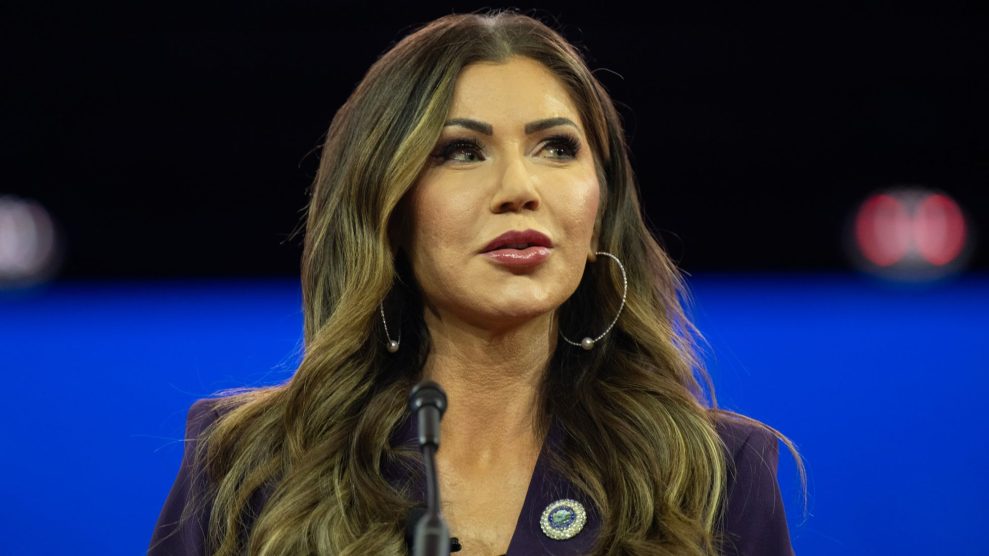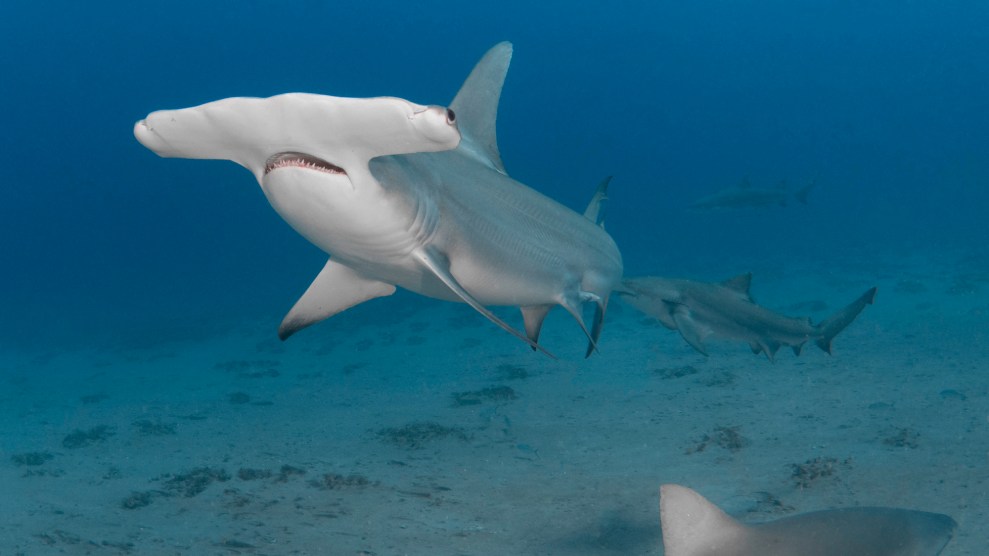Natural capital is easy to overlook because it is the pond we swim in. One can live perfectly well without ever giving a thought to the sulfur cycle or wetland functions. Only when the benefits nature provides are disrupted do we take notice. When rain disappears and soil blows away in the Southwest, when reservoirs become polluted, or when we learn that mercury contaminates the fish we eat from the Great Lakes, we suddenly grasp the effect of natural capital depletion. Most floods are caused by man, not weather; deforestation, levee construction, erosion, and overgrazing all result in the loss of ecosystem services.
Compared to the rest of the world, Americans are fortunate — so far. Many regions face far more severe effects of natural capital depletion. But each ecosystem depends on the health of all ecosystems. The atmosphere does not fathom whether CO2 comes from U.S. oil or Chinese coal, nor do hurricanes lose force because the Heritage Foundation doesn’t believe global warming is a problem. Living systems operate on laws over which we have no say.
Economists insist that natural and manufactured capital are substitutable — that we can invent technological adaptations to compensate for the loss of living systems. In some cases, as with copper, wood, and coal, the search for substitutes has indeed proved economically and technologically beneficial. Nevertheless, some forms of natural capital are simply irreplaceable.
Try to imagine the technologies that could replace the services nature provides, including these noted by Dutch scientist Rudolf S. de Groot: oxygen production; purification of water and air; regulation of atmospheric chemistry; protection against cosmic and ultraviolet radiation; solar energy; regulation of local and global climate; maintenance of biological and genetic diversity; maintenance of wildlife migration and habitats; storage, detoxification, and recycling of human waste; natural pest and disease control; genetic and medicinal resource production; prevention of soil erosion; sediment control; regulation of runoff and flood prevention; regulation of the chemical composition of oceans; formation of topsoil and maintenance of soil fertility; production of fertilizers and food; nutrient storage and recycling; and fuel and energy production.
If there are no technological substitutes for these services, how will we replace their vital benefits? At what point will we decide that maintaining our remaining natural capital makes more sense than counting on a technology yet to be invented? For business, this is the critical issue: Given that natural capital services amount to subsidies worth trillions of dollars to industry, and that these subsidies are running out, how will business be able to prosper in the future?
We need to revise our economic thinking to give full value to our natural resources. This revised economics will stabilize both the theory and the practice of free-market capitalism. It will provide business and public policy with a powerful new tool for economic development, profitability, and the promotion of the public good.












